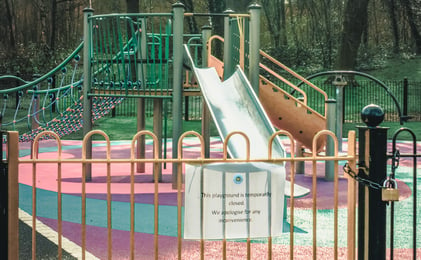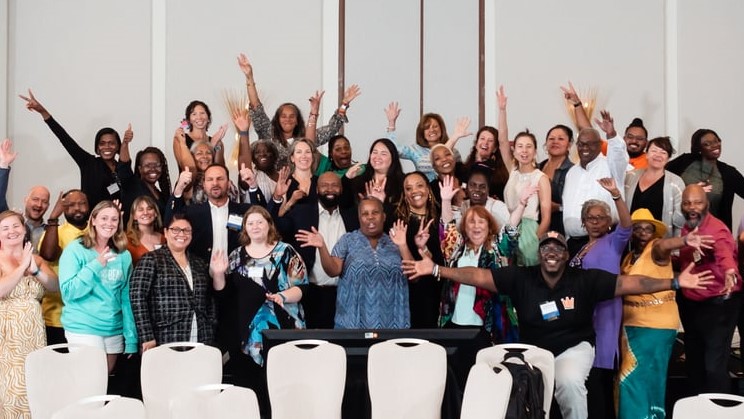
Cities Reducing Poverty collaboratives have worked for years to build local relationships that support residents and neighbourhoods to thrive. These efforts have strengthened the social infrastructure communities need to be resilient and quickly organize in an emergency situation, such as COVID-19.
While the specific response varies greatly across communities in Canada, many of our members have found their roles shifting from helping residents thrive to helping them survive. As such, the primary focus has been on: food security, safe shelter that allows for social distancing, health information, mental health support, income security, and transportation. Here are some of the primary ways in which they are responding:
- Coordinating and information-sharing – Organizing and/or informing the response of the non-profit sector, to ensure clients continue accessing services as best as possible, as well as adapting and enhancing services to accommodate newly vulnerable residents in the community. Examples include:
- Supporting food banks, shelters and other food programs by brokering relationships to accept rescued and/or donated food; prepare meals for vulnerable residents; organize volunteer food deliveries to households or other agencies; and distribute food, hygiene products and information to homeless camps
- Developing websites that coordinate people’s offers and asks for help based on what is needed and what is being offered, as well as mapping technology for location-based resource connections
- Acting as an information conduit from the province to the community and vice versa, helping agencies adhere to public health regulations and to inform the government on how to adapt policies and resources to address gaps in support
- Working with 211 to make sure they have the most up-to-date information on which organizations are open/closed or have altered service
- Securing toys, bikes, books and other resources to help children and their parents cope with isolation
- Overcoming communication barriers – summarizing for plain language, translating critical information into other languages and across cultures
- Compiling and summarizing information into directories for residents, non-profits and businesses.
- Exploring transportation solutions for vulnerable residents to access shelter and health care
- Connecting non-profits to volunteers who want to help
- Connections – Supporting vulnerable populations during isolation to keep connected with social supports – friends, family, neighbours and service providers. Examples include:
- Doing wellness checks with seniors and people with disabilities in isolation
- Creating and administering Caremongering Facebook pages
- Offering card print-outs to help neighbours offer support directly to neighbours
- Helping people get access to internet and technology
- Funding – Local United Ways are setting up emergency funds and municipal and provincial governments are diverting funds to initiatives that urgently need support to enhance or adapt their operations. Examples include:
- Food banks that are seeing higher demand
- Harvesters to get out onto the land and stay healthy
- Homeless shelters are providing housing in motels/hotels and houses
- Free transit
- Utilities deferrals or reductions
- Rent Banks are offering interim eligibility for those at risk of eviction and an increased number of loans.
- Access to Income – Helping people gain access to emergency financial benefits through information-sharing and tax filing.
- Advocacy - Identifying gaps in policies and supports and using available channels to advocate to higher levels of government for policy changes. Examples include:
Are you or your organization supporting vulnerable populations in response to COVID-19? Share your own ideas and experiences in the comment section below.





